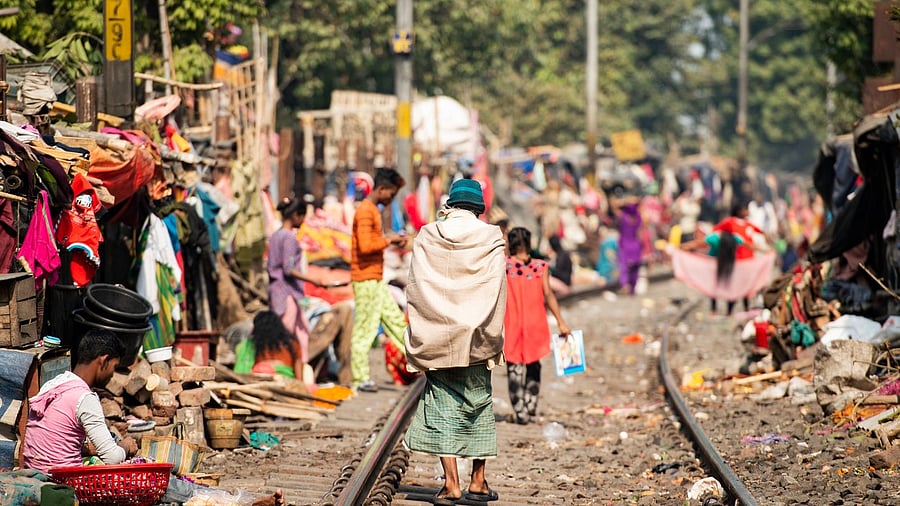
Image for representation.
Credit: iStock Photo
Mumbai: Ensuring vulnerable workers and communities are not left behind is one of the biggest challenges emerging economies will face in their energy transition, but it also opens up new job opportunities and avenues for economic growth, states a new report released by the Institute for Energy Economics and Financial Analysis (IEEFA).
“Combining climate action with social equity can facilitate the energy transition in emerging markets and developing economies (EMDEs) without disrupting sectors that rely solely on fossil fuels,” says co-author Shantanu Srivastava, IEEFA’s research lead, sustainable finance and climate risk.
“A Just Transition aims to manage this change fairly by protecting affected workers and communities, creating opportunities for economic growth and ensuring the benefits of the transition are shared widely,” Srivastava notes.
While fossil fuel industries face the risk of stranded assets in an evolving energy landscape, large companies have the resources and access to capital to adapt. The greater risk for governments is that entire communities dependent on these operations will be left stranded by their closure.
The report emphasises the need for a “co-investment” approach for these asset closures, which combines financing energy transition assets like renewable energy with Just Transition activities, such as building community resilience or social support measures. These programmes often require concessional or grant-based finance.
“Just Transition activities encompass a mix of hard energy transition assets, such as renewable energy, climate smart agriculture, and climate-resilient infrastructure, and ‘softer’ Just Transition aspects like responsible coal asset closures, stakeholder capacity building, labour reskilling, support for micro, small and medium enterprises (MSMEs), and community resilience,” says co-author Soni Tiwari, energy finance analyst at IEEFA.